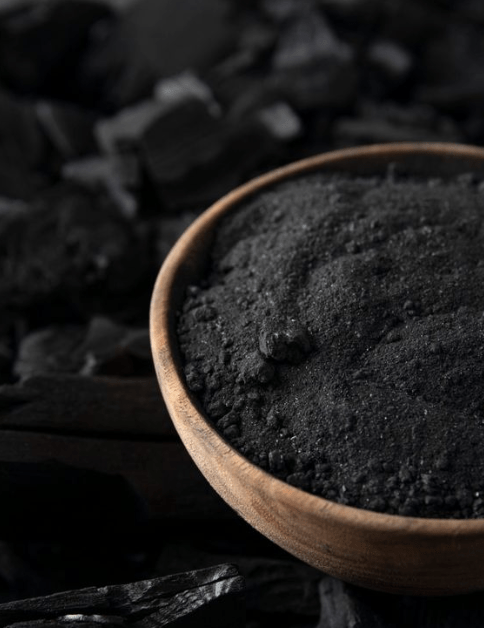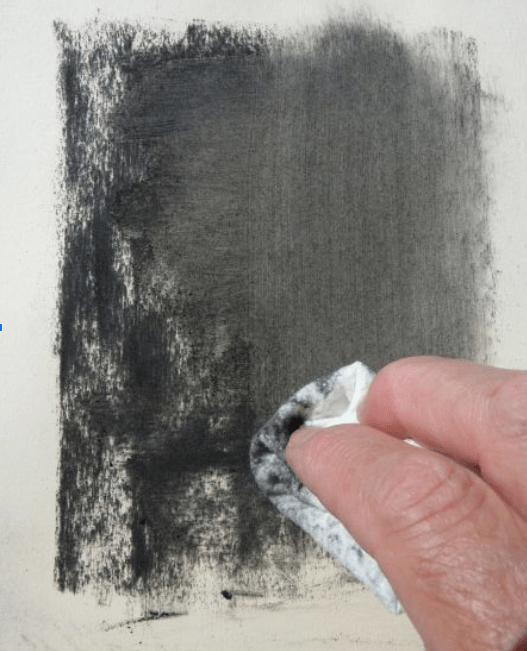When it comes to charcoal, grilling is a common use, especially for mangrove charcoal. However, PNP reveals a range of other ways to utilize mangrove charcoal beyond just cooking!
Uses of Mangrove Charcoal
Mangrove charcoal, derived from mangrove trees found in coastal regions, is prized for its high density and energy efficiency. Mangrove charcoal, crafted from robust hardwood, offers significant benefits beyond traditional uses. Apart from its role in cooking and as a staple at BBQ gatherings, mangrove charcoal finds applications in medicine, healthcare, and various artistic endeavors, adding versatility and value across different fields.
Application in Medicine – Important Mangrove Charcoal’s Uses
With the ability to absorb toxins and inflammatory substances, mangrove charcoal is used in the treatment of many diseases such as diarrhea, abdominal pain and digestive system problems.
Mangrove charcoal , valued in traditional medicine for its ability to alleviate digestive issues such as bloating, gas, and indigestion by absorbing toxins and gases in the digestive tract. It is also utilized in detoxification treatments, where its porous structure is believed to facilitate the binding and elimination of toxins and chemicals from the body through the digestive system. Additionally, mangrove charcoal finds applications in oral care products for its purported benefits in teeth whitening and oral hygiene, as well as in skincare for its ability to cleanse pores and absorb excess oil.
In some traditional practices, people apply mangrove charcoal externally to wounds. They believe it promotes healing by absorbing moisture, preventing infections, and possibly enhancing wound closure.

Health and Medical Care :

Art and Craft :
In the realm of drawing and painting, artists prize it for imparting depth and rich colors to artworks, adding nuanced shading and contrasts that enhance artistic expression. Artists often utilize mangrove charcoal for sketches and detailed drawings due to its smooth texture and ease of blending, which allows for precise control over tonal variations and highlights.
Mangrove charcoal finds utility in writing and marking applications where its intense color and strong adhesion are advantageous. Using to write or mark on surfaces such as paper, wood, or fabric, providing clear and lasting impressions suitable for signage, labeling, or artistic detailing is commonly
About Image processing and printing, mangrove charcoal produces prints that exhibit exceptional color fidelity and depth. Its properties allow for the creation of high-quality reproductions and artistic prints that maintain the original vibrancy and texture of the artwork or design.

Grilling and BBQ parties :
Using mangrove charcoal for grilling can be a great choice due to its unique properties. Mangrove charcoal, known for burning hotter and longer compared to regular charcoal, which is advantageous for grilling. It also tends to impart a mild, smoky flavor to the food, enhancing the grilling experience.
- Ensuring that the mangrove charcoal is sustainably sourced. Harvesting mangroves can be damaging to coastal ecosystems, so look for suppliers who adhere to sustainable practices.
- One tip for grilling at BBQ parties: choose charcoal that is well-made and free from additives or chemicals that could alter the taste of your food.
- Mangrove charcoal burns hot and fast, so it’s important to manage your grill accordingly. It may require less time to reach cooking temperatures compared to other types of charcoal.

Conclusion about Mangrove Charcoal Uses :
Through this article, PNP Charcoal has highlighted the diverse benefits of mangrove charcoal. Beyond its role as a high-energy fuel for cooking and industrial applications, mangrove charcoal also excels in water purification, soil enhancement, and even medicinal and artistic uses. Its versatility demonstrates its value far beyond just burning.
At PNP Charcoal, we are committed to sustainable harvesting practices to protect mangrove ecosystems and ensure their continued benefits for both people and the environment.




